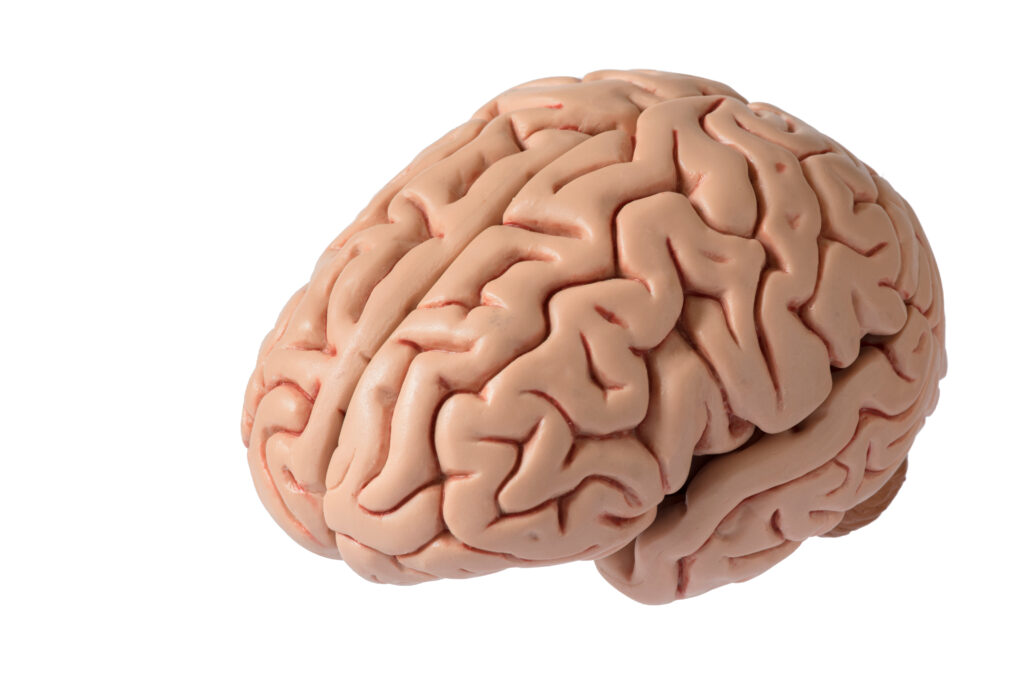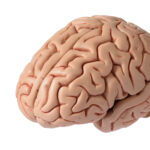### The Impact of Collagen on Brain and Nervous System Health
Collagen, a protein found in many parts of the body, is often associated with skin and joint health. However, recent research suggests that collagen may also have a significant impact on brain and nervous system health. Let’s explore how collagen can influence our mood, sleep, and overall brain function.
#### Boosting Mood with Collagen
During the winter months, many people experience a dip in their mood. This can be due to the lack of sunlight, which affects serotonin levels in the brain. Serotonin is often referred to as the “happy hormone” because it helps regulate emotions. Collagen contains an amino acid called glycine, which stimulates serotonin levels and balances emotions. This means that taking a collagen supplement could help lift your spirits and improve your mood[1].
#### Improving Sleep with Collagen
Good quality sleep is essential for maintaining a healthy mood and brain function. However, shorter daylight hours and increased artificial light can disrupt our sleep patterns. Collagen contains glycine, which helps lower the body’s core temperature and induce sleep. Additionally, collagen increases melatonin production, a hormone that regulates the circadian rhythm and helps us sleep better[1][2].
#### Reducing Anxiety with Collagen
Anxiety is a form of stress that can affect both the body and mind. Elevated cortisol levels, triggered by stress, can make you feel uncomfortable and nervous. Collagen helps balance hormones like cortisol, which can reduce anxiety-inducing symptoms. The amino acids in collagen also support the body’s natural relaxation processes, making it easier to feel calm and relaxed[1].
#### Enhancing Brain Function with Collagen
Collagen contains antioxidants that improve brain health by defending against oxidative stress. This can lead to better concentration and cognitive function. The protein also stimulates blood flow by strengthening artery walls, helping oxygen and nutrients reach the brain for clarity and concentration. Some collagen supplements even contain Panax ginseng, a herb shown to increase cognitive activity and enhance memory[1].
### How Collagen Works
Collagen is made up of amino acids, including glycine, which plays a crucial role in its benefits for brain and nervous system health. Here’s how glycine works:
– **Circadian Rhythm Regulation**: Glycine helps synchronize the body’s internal clock, which is essential for consistent, rejuvenating sleep.
– **Core Temperature Reduction**: Glycine lowers the body’s core temperature, easing the transition into deeper stages of sleep.
– **Calming the Nervous System**: Glycine exerts a soothing effect on the nervous system, beneficial for those with mild sleep disturbances.
– **Cognitive Function**: Glycine supports healthy neurotransmission, influencing memory, learning, and mental clarity.
### Conclusion
Collagen is more than just a protein for skin and joint health; it also has significant benefits for brain and nervous system health. By stimulating serotonin levels, improving sleep quality, reducing anxiety, and enhancing cognitive function, collagen can play a crucial role in maintaining overall well-being. Whether you’re looking to boost your mood, improve your sleep, or enhance your brain function, incorporating collagen into your daily routine could be a simple yet effective step towards better health.


